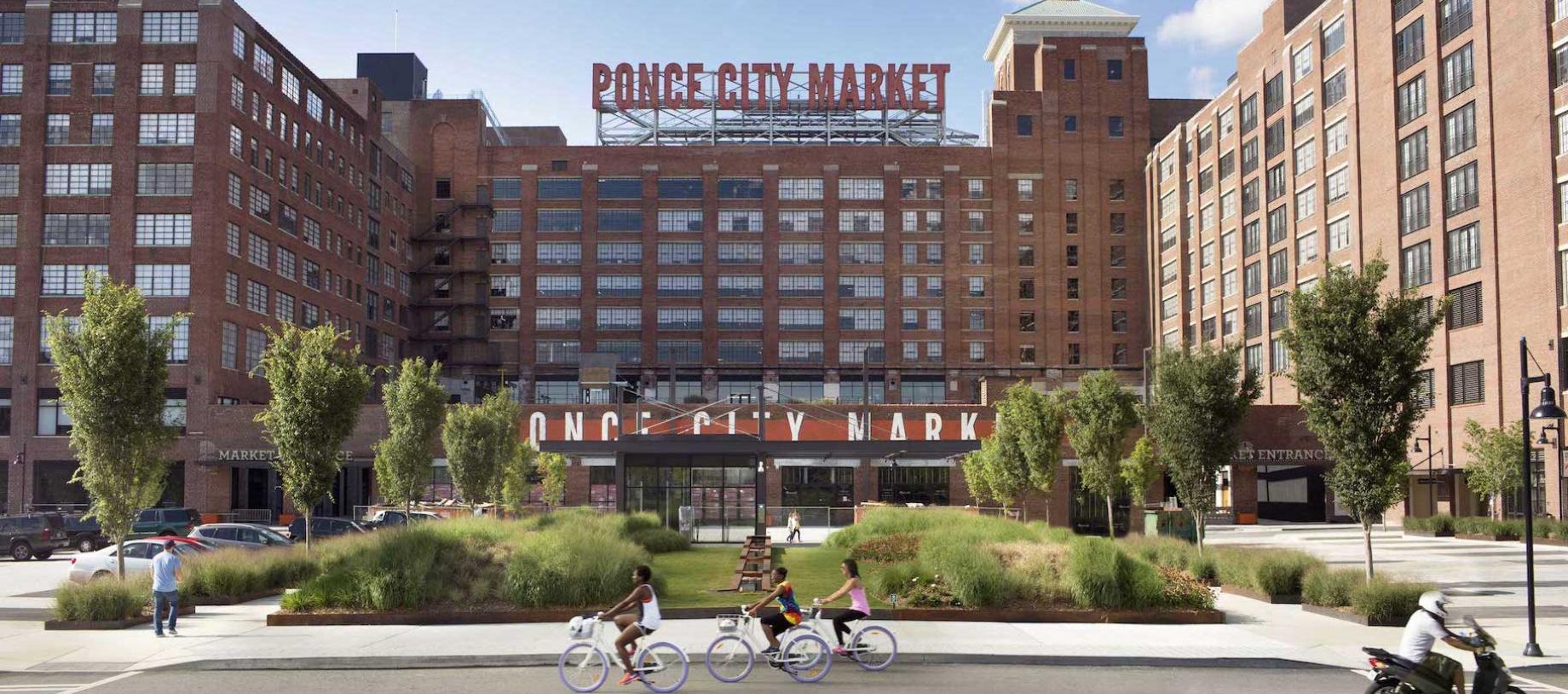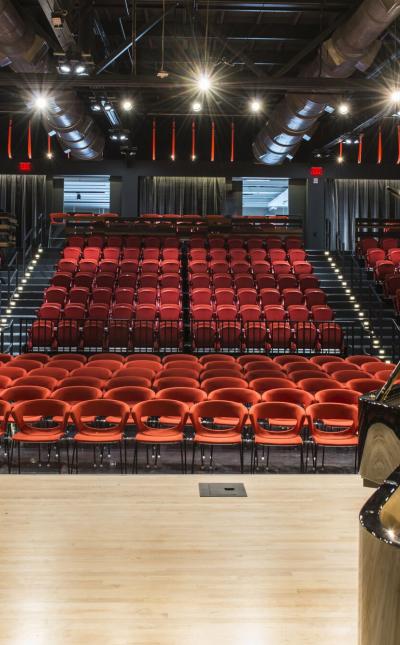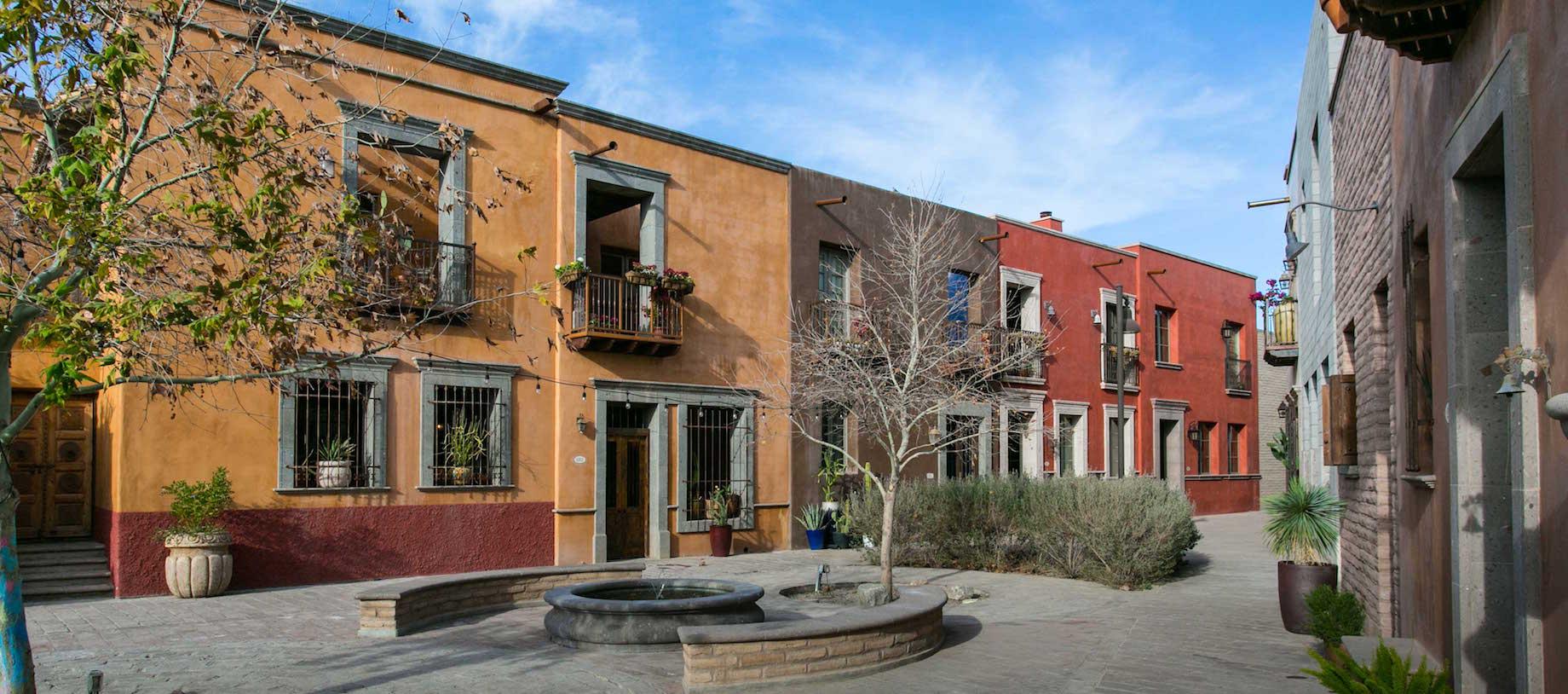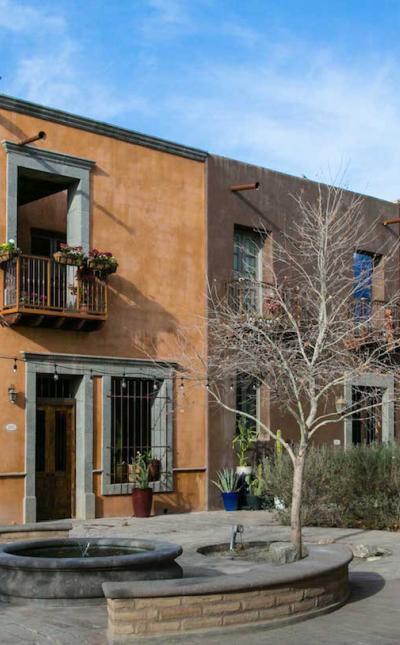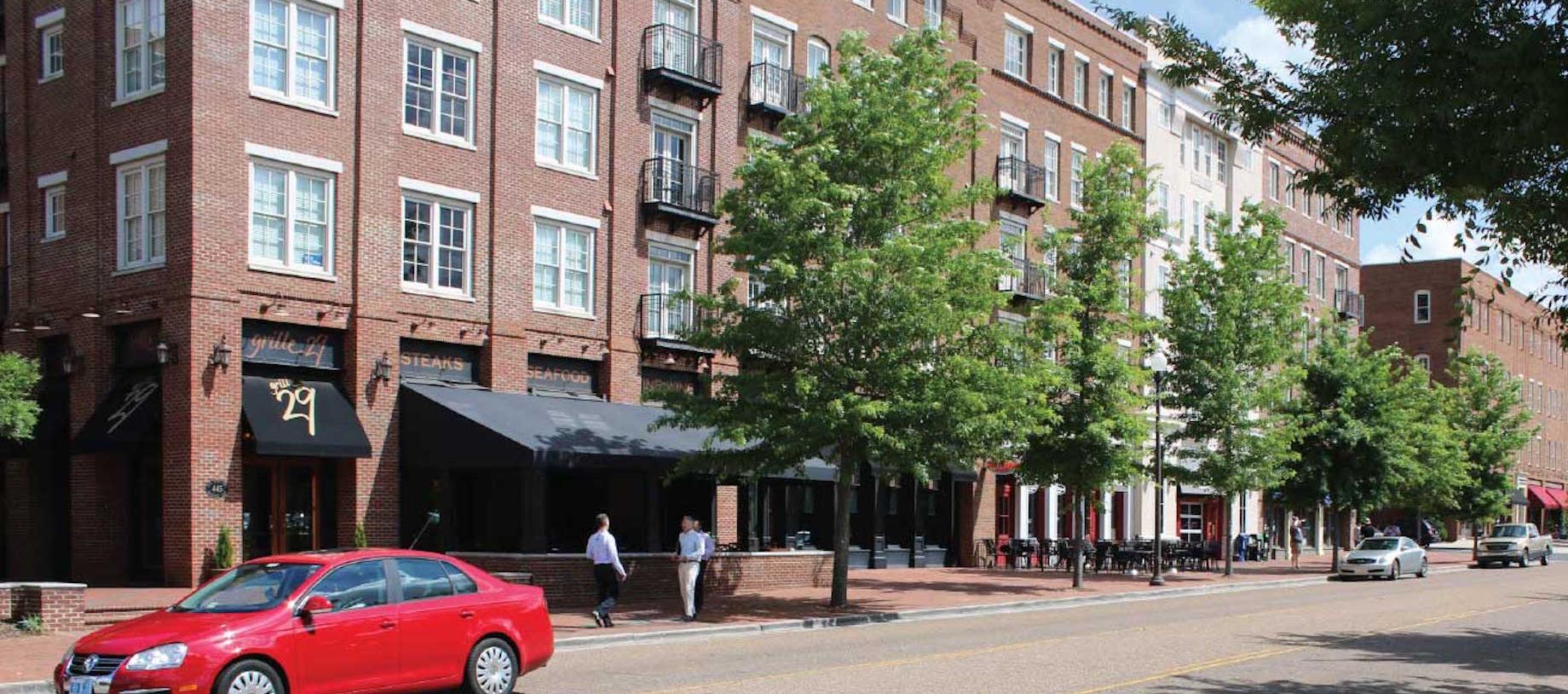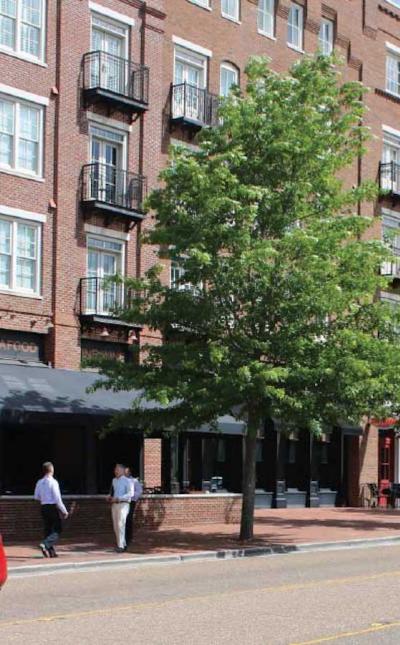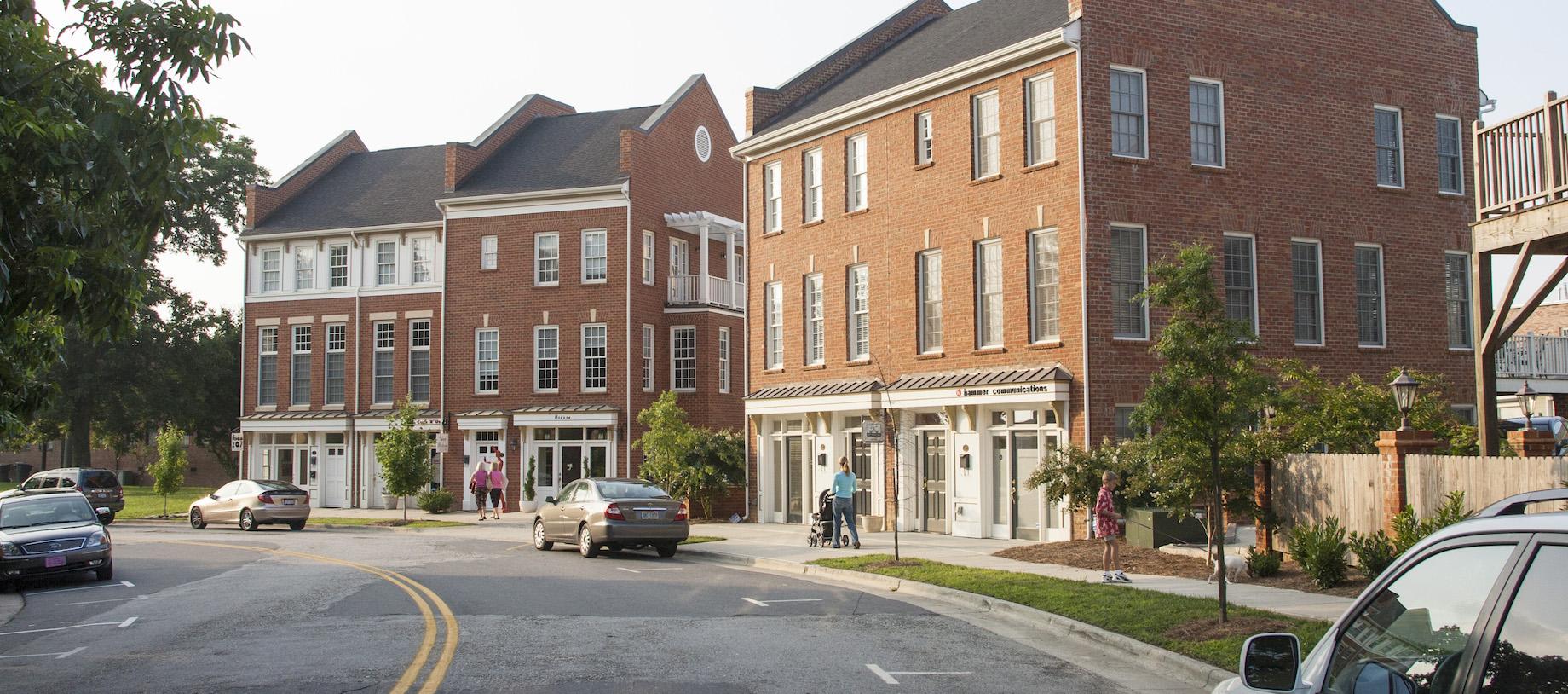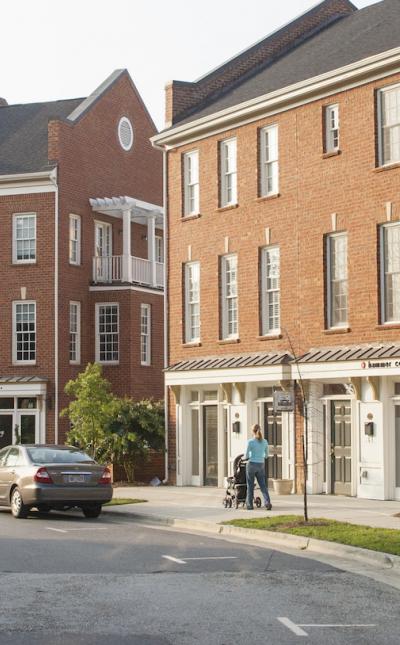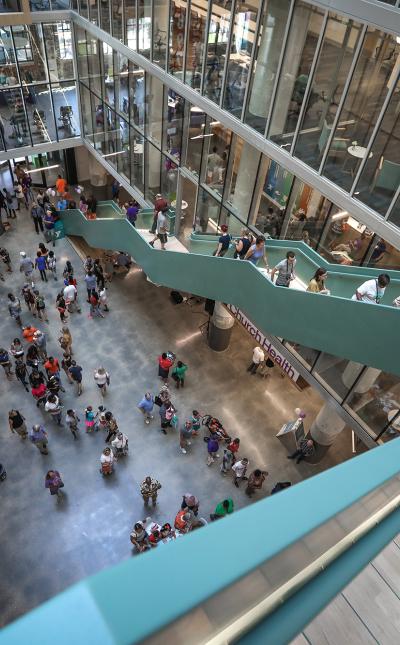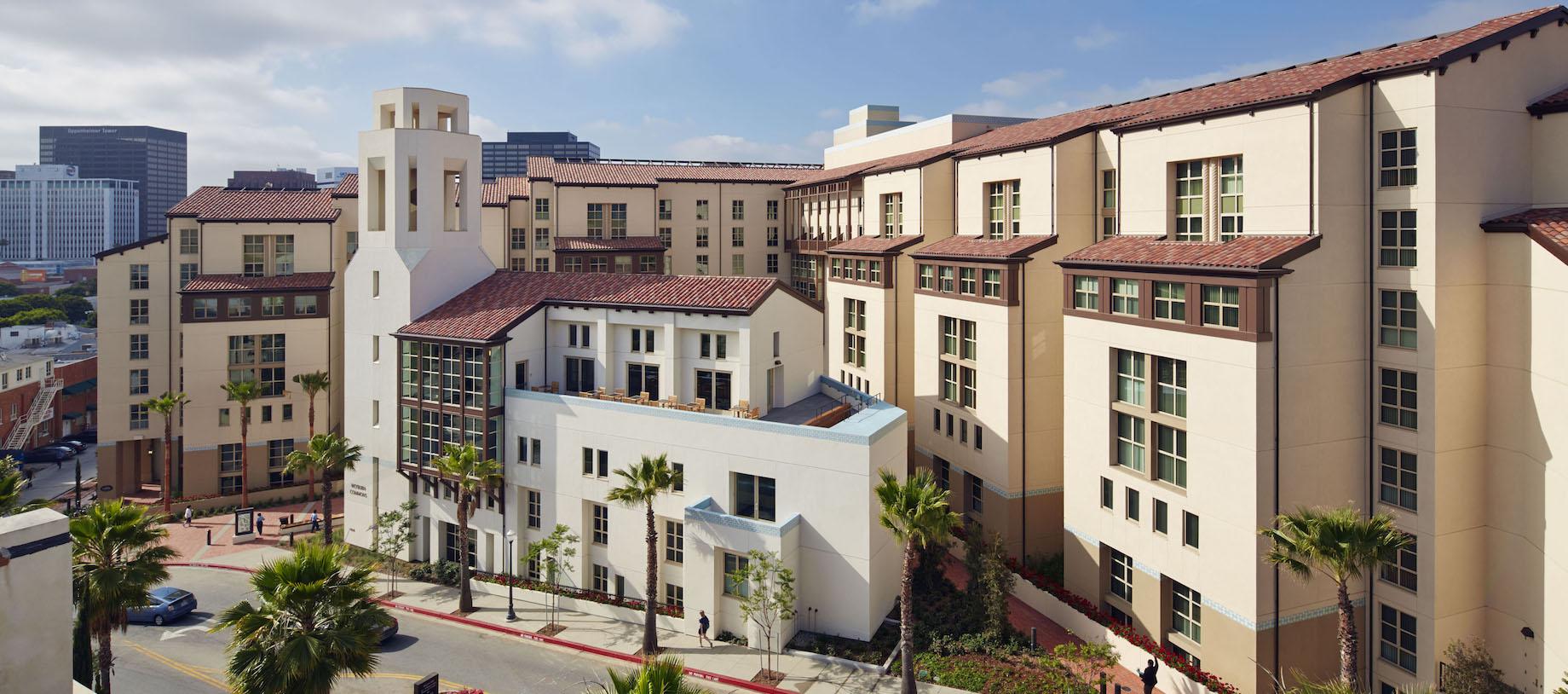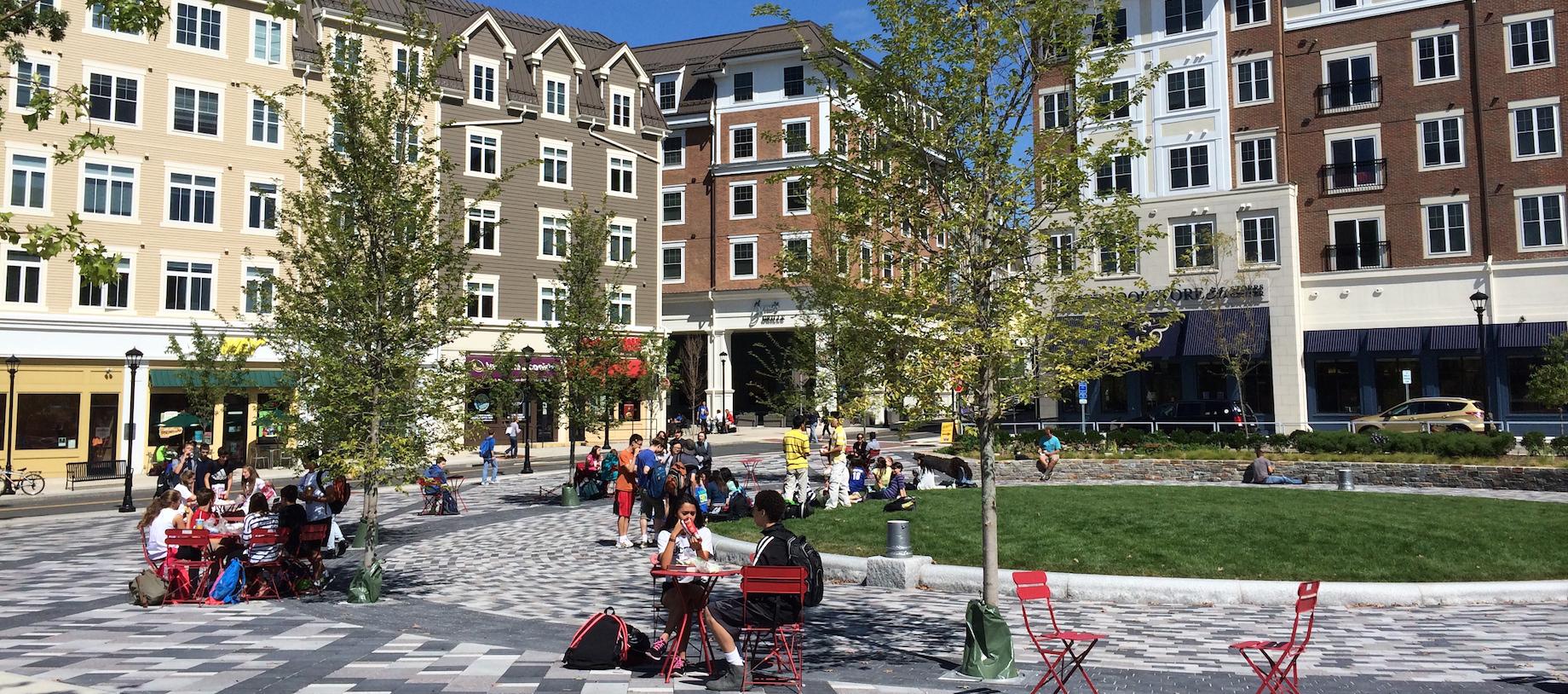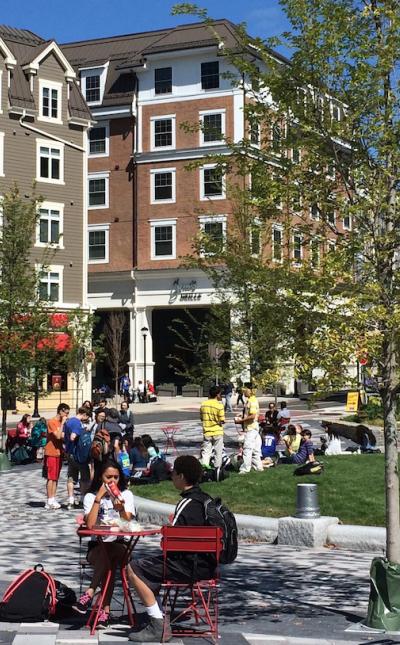Here are links to Climate Response Tools available for immediate use by residents and community leaders, free of charge with one exception. They were created by professional CNU members and their organizations. They are intended to help meet urgent climate challenges, at the scale of the lot, block, neighborhood, municipality, and region.
> Climate Receiver Places Guide
> Enhancing Federal Climate Strategies
Local actions: See B. Walkability/Livability, C.2 Agriculture, C.4 Energy, D. Economic
from Place Initiative
Customizable Transect-based Modules for codes, including:
> Fire Mitigation in the Wildland-Urban Interface, Sustainable Urbanism, Bicycling, Flood Hazard Mitigation, Canal Urbanism, Regional Watersheds, Renewable Resources, Light Imprint Stormwater Matrix, Natural Drainage, Riparian and Wetland Buffers
from the Center for Applied Transect Studies
Tools useful for accommodating climate migration and new life to our towns:
> Pink Zone Manual, House Hacking Catalog a protocol for Lean, Energy Efficient Buildings
> The crowd-sourced Lean Tool Survey (vast but navigable)
from Lean Urbanism
Interactive tools including
> Green Values Calculator, Housing & Transportation Affordability Index, and the RainReady Home Assessment Tool
from the Center for Neighborhood Technology
Disaster recovery and risk mitigation planning and design tools, especially
> Architecture, Architectural Pattern Book, and Regional Planning & Environment
These were developed by the CNU and our Gulf Coast associates in 2005-06, but are applicable to many hurricane, flood, sea level rise, and wind and storm surge scenarios.
from the Mississippi Renewal Forum
> Study of Civano, and urban design that provides passive cooling
> Plan for compact development saves a town's future
from Public Square
> Local Leaders Toolkit, written for the pandemic but applicable to climate response
> Four Steps Toward a More Resilient Food System
> How Do We Get More Small Scale Developers
from Strong Towns
> Doers’ Guides (Demanding Disaster Recovery Reform)
from Collaborative Communities
> The Water Will Come, concise overview of challenges and choices in a list format
from The Original Green
Quick, nimble, and inexpensive tools for walkability/bikability, temporary conditions,and experiments:
> Tactical Urbanism Guide
from Street Plans Collaborative
> Mapping and data tools (available with a subscription)
from Urban Footprint

